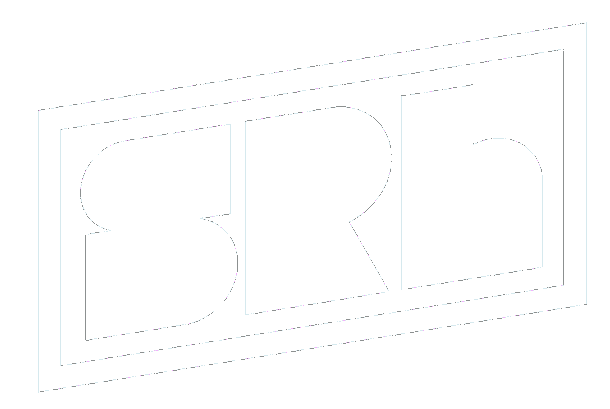Is your B2B brand playing to win? Make a promise.

One of these things is not like the other:
“Nothing runs like a Deere.”
“Where work happens.”
“One platform, better teamwork.”
“Imagination at work.”
The last one doesn’t make a promise to customers.
Let’s unpack them.
“You can rely on the high-quality performance of a John Deere tractor.”
“Your team will be more productive on Slack.”
“Your team will be more productive on monday.com.”
“At GE, we use our imagination.”
New research shows: campaigns that make a promise are more effective than those that don’t.
The World Advertising Research Center (WARC) and LinkedIn’s B2B Institute released a report a couple of weeks ago called “Making a promise to the business customer: Why Customer Promise campaigns are even more effective in B2B than B2C.”
They reviewed more than 700 B2B case studies from the WARC database, and here’s what they found:
- 47% of the Customer Promise campaigns they analyzed delivered uplifts compared to 19% of non-Customer Promise campaigns.
- B2B Customer Promise campaigns also appear to outperform in terms of market share, penetration and revenue gains.
- The research showed that they are nearly 3x more likely to report increases in market share than non Customer Promise campaigns.
- Customer Promises deliver significant advantages for B2B brands looking to scale up.
- Customer Promise campaigns are disproportionately more effective for B2B brands with smaller marketing budgets.
But only 18% of B2B campaigns make any kind of Customer Promise.
For B2B brands, there’s plenty of room to play.
And why are Customer Promise campaigns more effective for smaller brands? Because promises are about building trust.
Let’s say you’re part of a buying group that is purchasing new Customer Relationship Management software for your entire organization. Thrilling? Sure. Important? Yes.
On your potential vendor list are: Salesforce, Hubspot, Zendesk and Kindly.
You’ve definitely heard of Salesforce. Maybe you’ve heard of Hubspot and Zendesk. But Kindly is a complete unknown.
“No one ever got fired for hiring IBM.”
B2B buyers and buying groups overwhelmingly choose brands they already know. According to the WARC report, “81% of people say that their chosen solution was known to ‘all or almost all’ of the group at the beginning of the process.”
It’s tempting to think B2B buyers are more rational than everyday consumers, but that’s just not the case.
People make the same kinds of fast, intuitive, emotional, irrational decisions at work as they do at home. And because the stakes are a little higher at work — career advancement, job security, social dynamics, office politics — there is extra risk aversion.
The rational thing to do would be to methodically research each vendor to find the best possible solution at the best possible price.
Going with what you know isn’t rational.
So you actually do your research and discover Kindly would be the best CRM solution. But no one else on your team knows who Kindly is.
Everyone on your team has heard of Salesforce, of course. They’re not the optimal solution for your company, but they’re good enough.
You kind of want to fight for Kindly. Then again …
What if you’re wrong?
Why should you stick your neck out for some random brand you’ve never heard of?
But what if Kindly makes a Customer Promise?
Maybe it’s something as simple as “Software that helps you be more human.”
Because Kindly is making a promise, it's a bit more likely your buying group would be willing to take a chance on this smaller, unknown brand.
The WARC report shows that Customer Promises help move the needle for a few reasons …
They are inherently market-oriented.
A Customer Promise clearly answers the most important question, “What’s in it for me?”
People understand them.
They cut through the clutter by offering a simple value proposition.
They help build trust.
Making a Customer Promise means your brand has skin in the game.
And they work even better for smaller brands.
When smaller, less famous brands are willing to make a promise, people are more willing to take a leap of faith.
Also, it costs literally nothing extra to make a promise to your customers.
However, that promise has to be meaningful, your internal teams have to be aligned … and your brand has to deliver.
We can help you with that. Yes, that’s a promise.
We’ll see you next time.
Sources!

